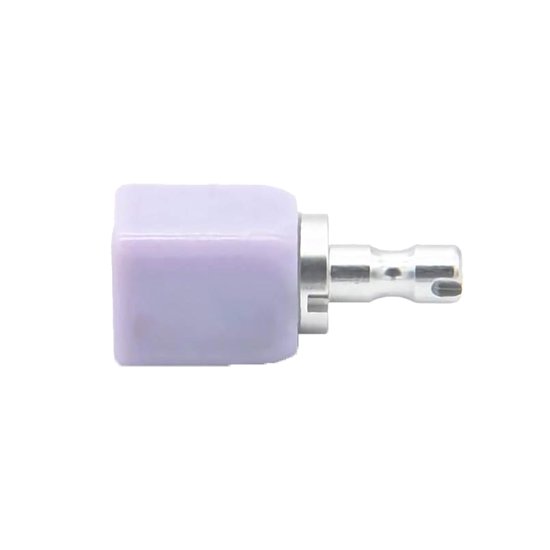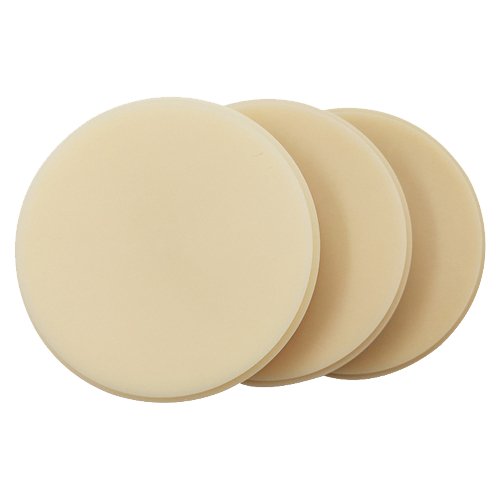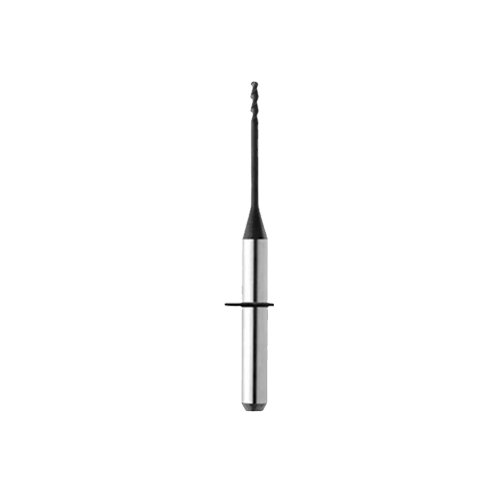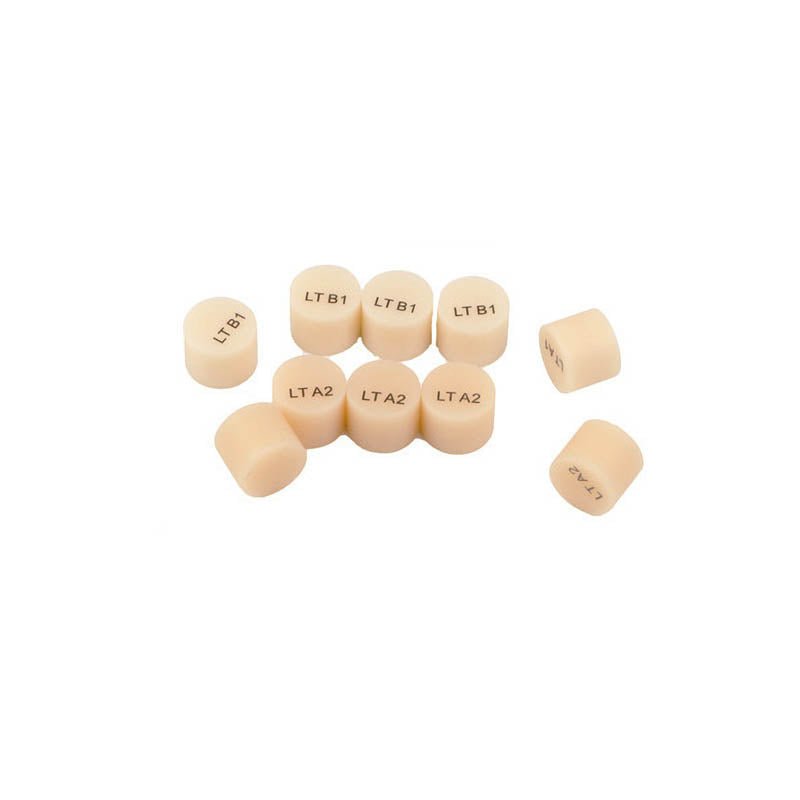When it comes to dental procedures, temporary dental crowns play a crucial role in protecting a tooth while a permanent crown is being made. But what exactly should you know about temporary dental crowns? Let's dive into the details.
What are Temporary Dental Crowns?
Temporary dental crowns are provisional crowns that are placed over a prepared tooth to protect it until the permanent crown is ready. They are typically made from acrylic or stainless steel and are designed to provide protection and maintain the aesthetics of the tooth.
Why are They Necessary?
Temporary dental crowns serve several important purposes. They protect the tooth from further damage or decay, maintain the alignment of surrounding teeth, and help the patient chew comfortably while waiting for the permanent crown.
How Long Do They Last?
Temporary dental crowns are not meant to be a permanent solution. They are designed to last for a few weeks to a few months, depending on the individual case. It is important to follow your dentist's instructions and schedule a follow-up appointment for the placement of the permanent crown.
What to Expect During Placement?
The process of placing a temporary dental crown is relatively quick and straightforward. Your dentist will prepare the tooth, take an impression, and then place the temporary crown using temporary cement. You may experience some sensitivity or discomfort initially, but it should subside within a few days.
How to Care for Temporary Crowns?
While temporary dental crowns are durable, they still require proper care. Avoid chewing sticky or hard foods on the side with the temporary crown, and be gentle when flossing around it. It's essential to maintain good oral hygiene to prevent any complications.
Overall, temporary dental crowns are an essential part of the dental crown process. They provide protection and support while ensuring that your smile remains intact. If you have any concerns or questions about temporary dental crowns, don't hesitate to consult with your dentist for guidance.






